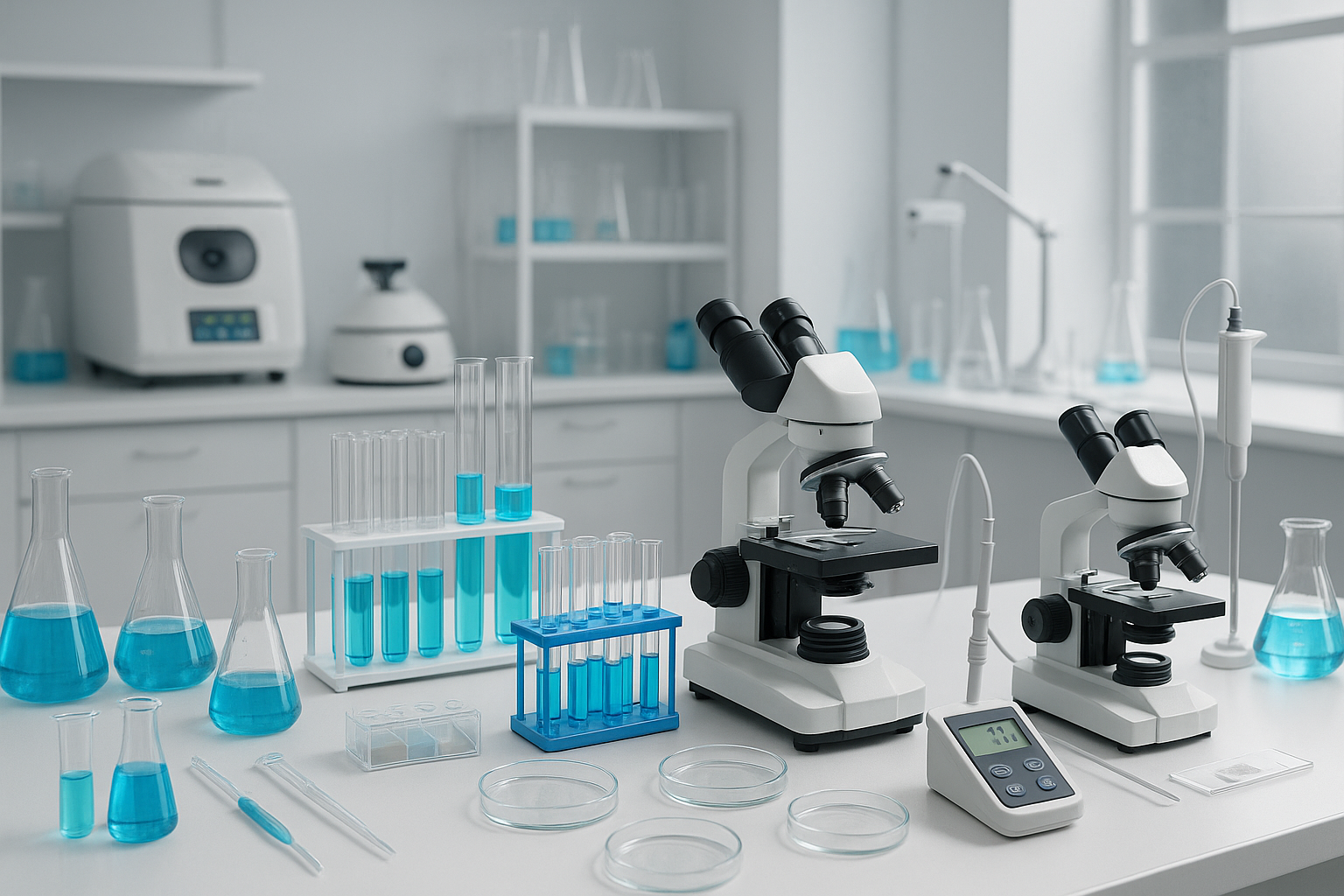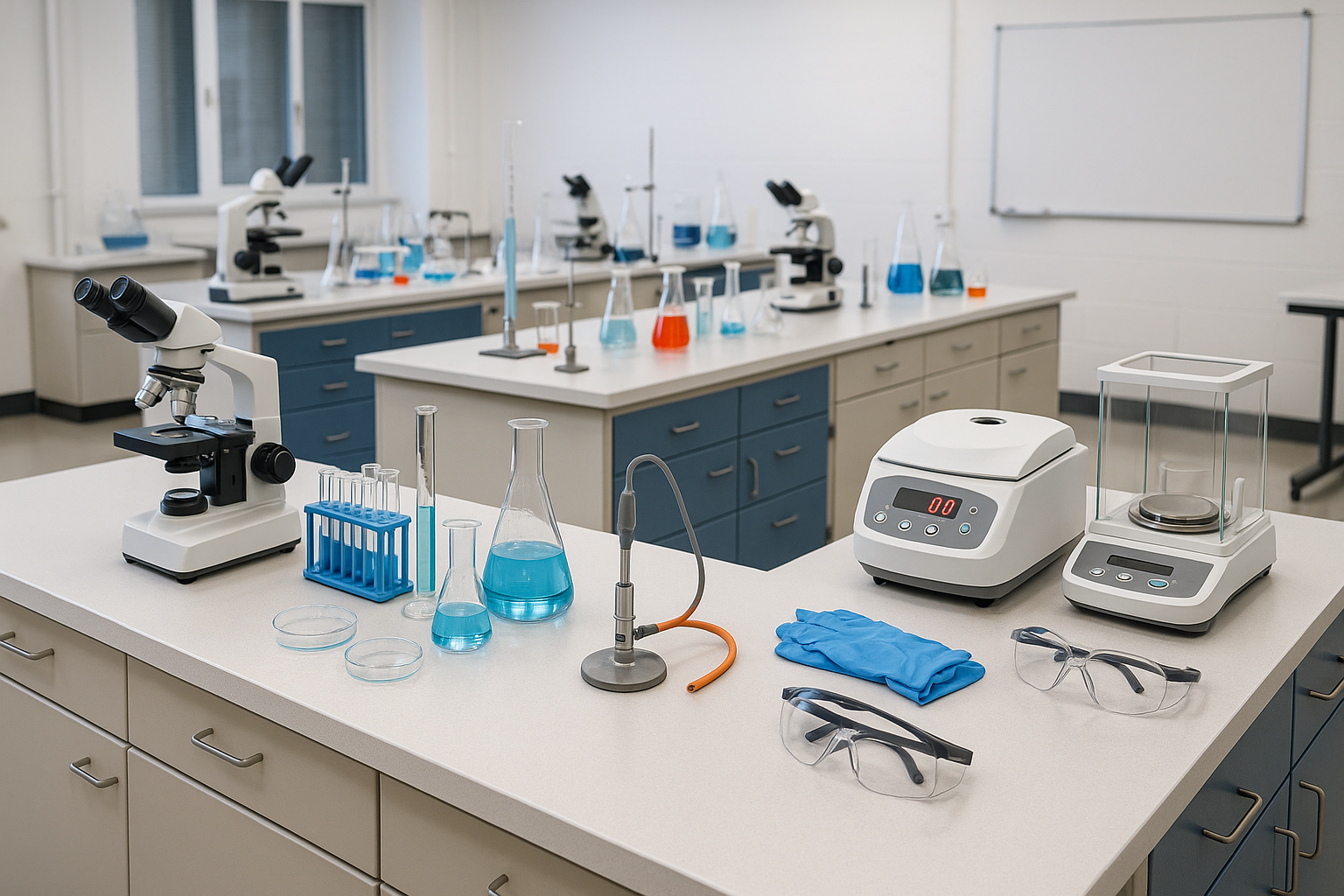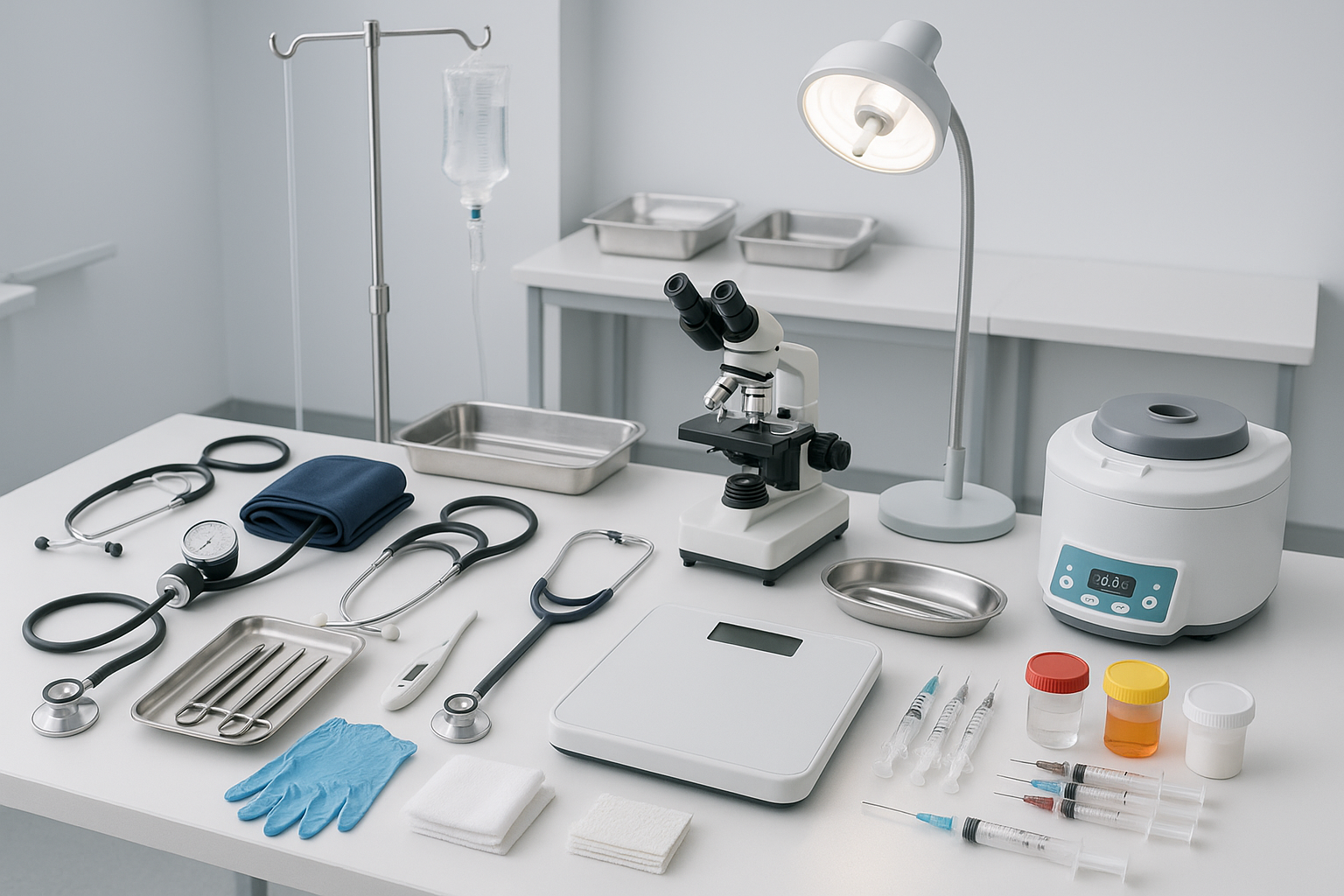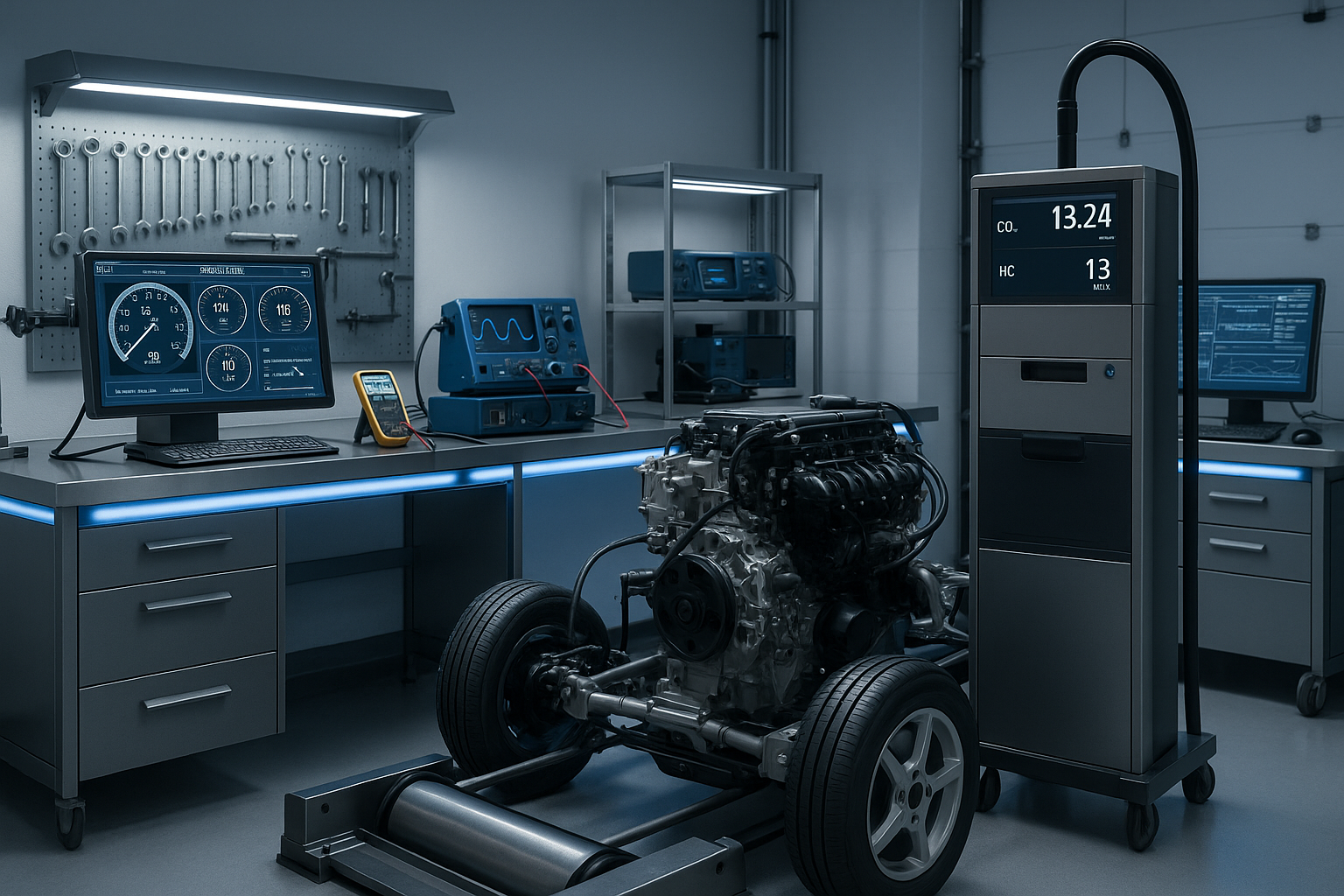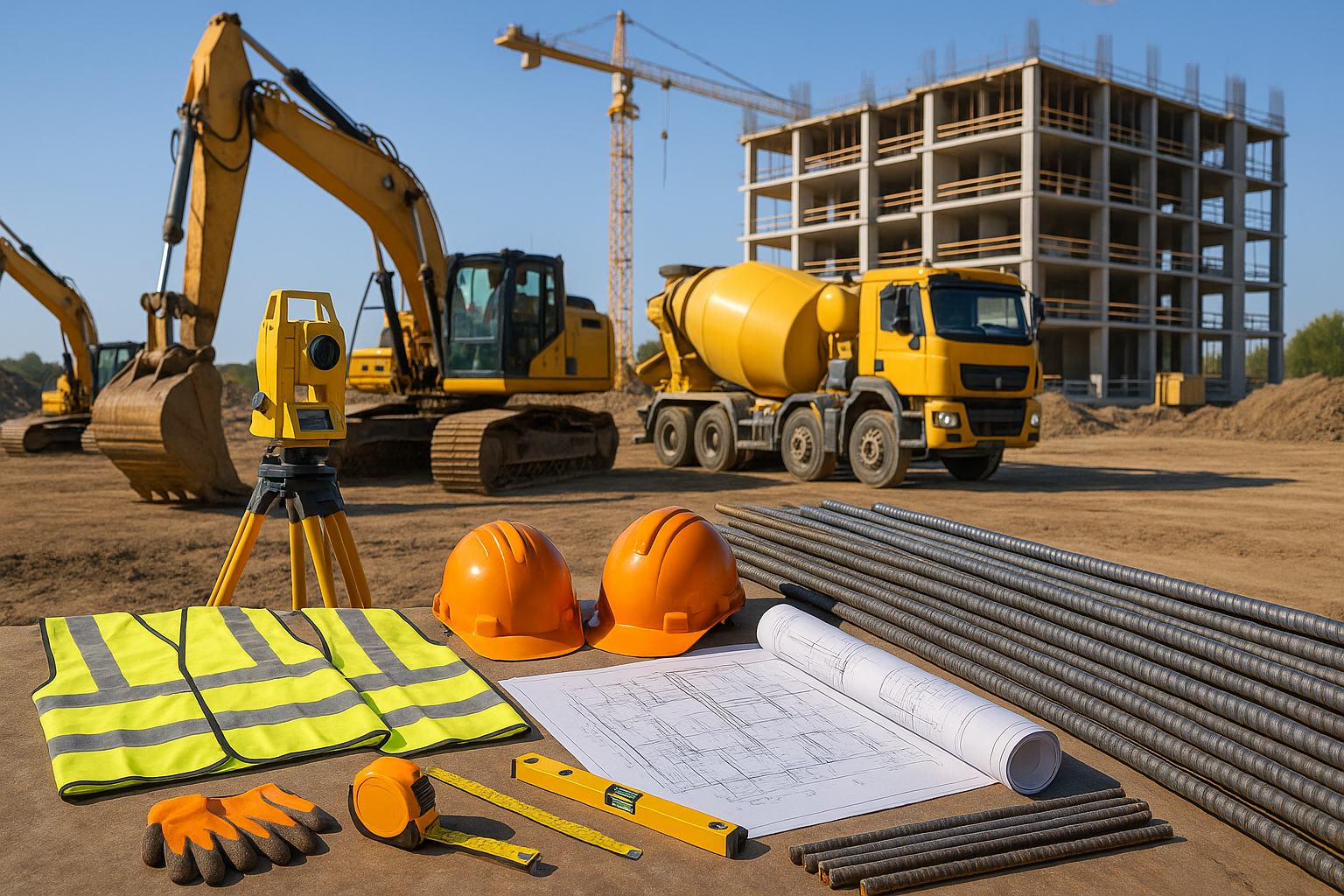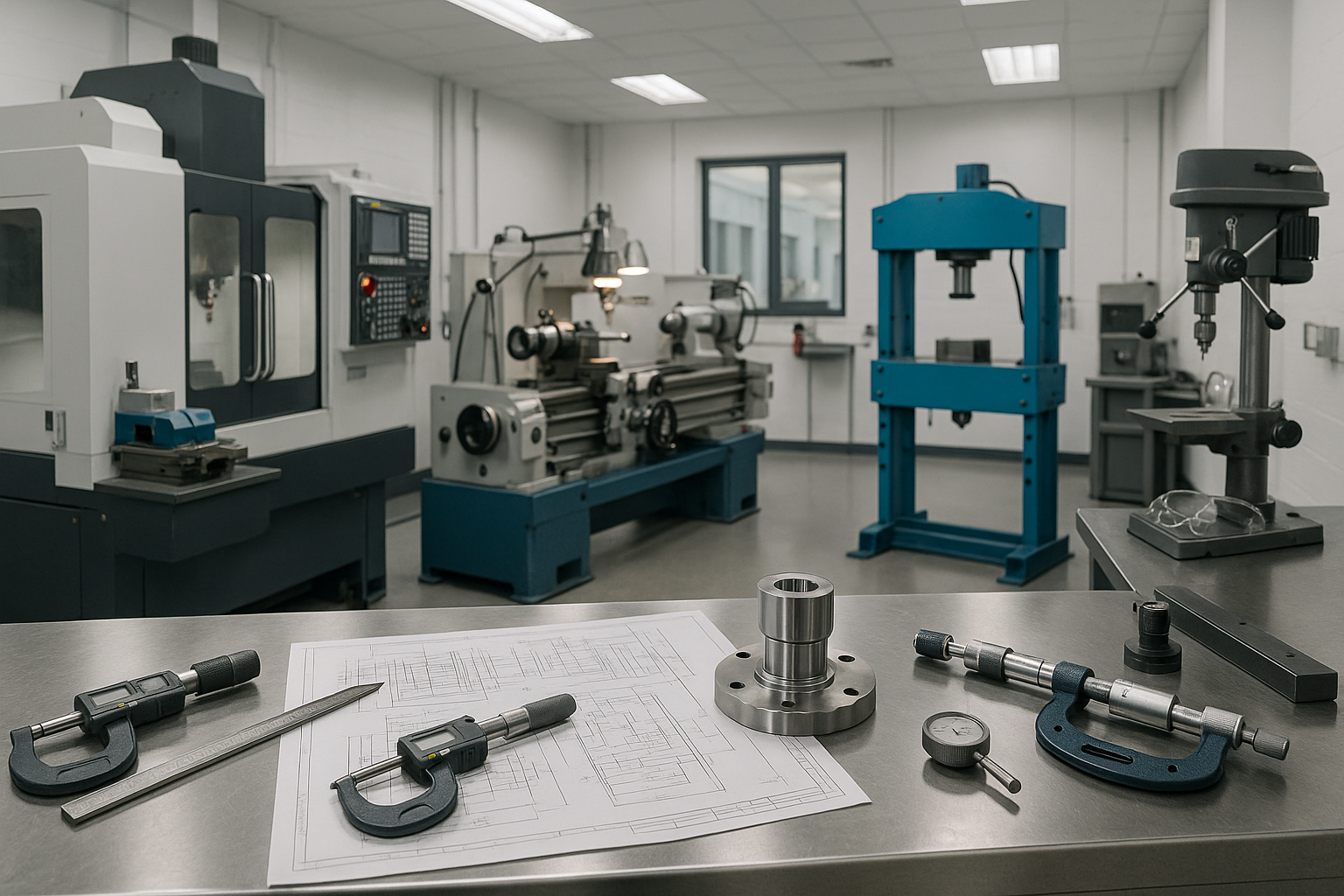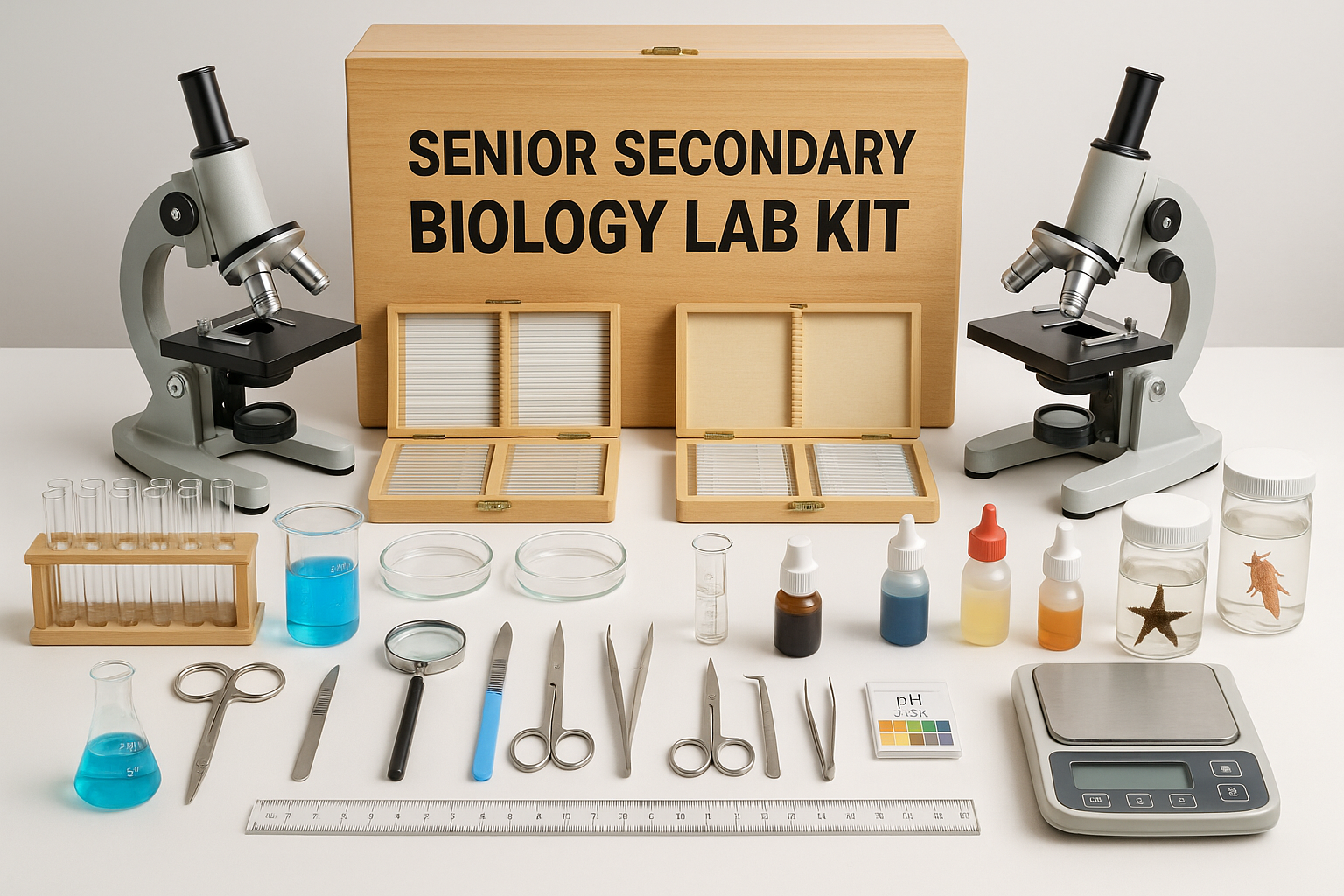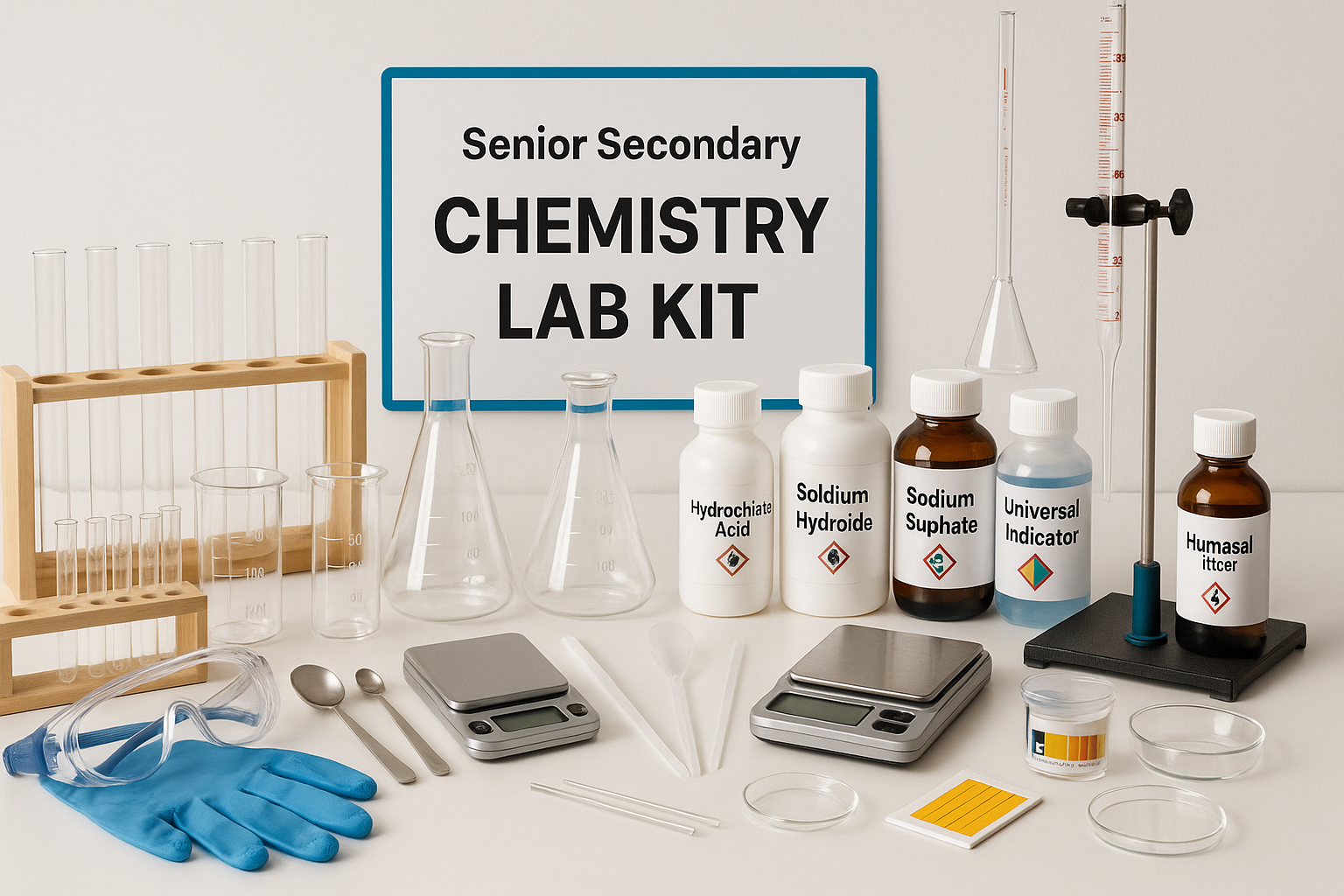Chemistry Lab Equipment Near Me: Your Guide to Local Shops
If you're searching for chemistry lab equipment near me, you're likely in need of supplies for experiments, education, or research. Finding a local shop that stocks the necessary equipment can streamline your work and support your educational needs. Whether you are a student, teacher, or professional, having a reliable source for chemistry lab equipment is essential.
Chemistry laboratories are equipped with a wide range of tools and instruments to perform various experiments and analyses. Here are descriptions of some common chemistry lab equipment:
-
Bunsen Burner:

A gas burner used for heating substances during experiments. It has an adjustable flame, which can be changed from a low, blue flame (safety flame) to a hotter, yellow flame.
-
Beaker:

A cylindrical container with a flat bottom and a spout used for holding and mixing liquids. Beakers come in various sizes, typically measured in milliliters (mL) or liters (L).
-
Erlenmeyer Flask:

A conical-shaped flask with a flat bottom, narrow neck, and screw cap. It is used for holding and swirling liquids and can be stoppered for secure storage.
-
Test Tubes:

Small, cylindrical tubes made of glass or plastic used to hold and heat small amounts of liquids or solids during experiments.
-
Graduated Cylinder: A tall, narrow container with calibrated volume markings used to measure the volume of liquids with high precision.
-
Pipettes:

Used for transferring small and precise volumes of liquids. There are two main types: volumetric pipettes for precise measurements and graduated pipettes for approximate measurements.
-
Funnel:
A conical-shaped device used to channel liquids or fine-grained substances into containers with small openings, such as bottles or via
-
Stirring Rod:

A glass or plastic rod used to mix substances or facilitate the dissolution of solutes in solvents.
-
Crucible:
A small, heat-resistant container made of ceramic or metal, used for heating substances at high temperatures.
-
Mortar and Pestle:

Used for grinding and crushing solid substances into fine powders or paste
-
Analytical Balance:

A highly sensitive balance used to measure the mass of substances with a high level of precision.
-
Hot Plate:

An electric heating device with a flat surface used to heat beakers, flasks, or other containers.
-
pH Meter:

An instrument used to measure the acidity or alkalinity of a solution, expressed as the pH value.
-
Spectrophotometer:

Used to measure the absorption or transmission of light by a substance at specific wavelengths, allowing quantitative analysis.
-
Gas Chromatograph (GC): An analytical instrument used to separate and analyze different components of a gaseous mixture.
-
Centrifuge:

A machine that spins samples at high speeds to separate components based on their density.
-
Fume Hood:
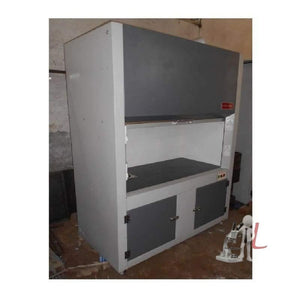
A ventilated enclosure used to safely handle hazardous or noxious fumes and vapors.
-
Safety Goggles and Lab Coats:
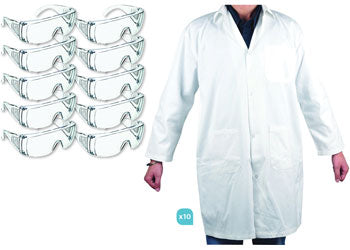
Personal protective equipment (PPE) worn by researchers to protect their eyes and clothing from chemical splashes and spills.
These are just a few examples of the various equipment found in a chemistry lab. The specific equipment used will depend on the type of experiments and analyses being conducted. Safety is of utmost importance in a chemistry lab, and researchers must be familiar with the proper use and handling of all equipment.
When searching for local stores, it helps to know what types of equipment you may need. Commonly sought after items include glassware, such as beakers, test tubes, and flasks, as well as chemical reagents, safety gear, and specialized instruments like spectrophotometers and centrifuges. Each of these items plays a critical role in experimental setups and analyses in both educational and professional contexts.
Many local shops offer a range of products, from basic supplies for beginners to advanced equipment for experienced chemists. They can provide personal assistance, allowing you to ask questions and receive guidance on the best items to suit your specific needs. This face-to-face interaction can be invaluable, especially for complex inquiries about chemical properties or the best practices for usage and safety.
Using your favorite online search engine, you can easily look up chemistry lab equipment near me. Enter your location and specify what items you require. This can yield immediate results, helping you discover nearby stores that can fulfill your needs. Additionally, many local shops may have websites detailing their inventory, pricing, and even customer reviews, which can help in making informed purchasing decisions.
Another advantage of sourcing equipment locally is the potential for same-day service. If you run out of a critical reagent or break a piece of essential glassware, having a local shop means you can quickly replenish your supplies, minimizing downtime in your experiments or studies. Online shops, while convenient, often involve shipping times that can delay your progress.
For educational institutions, establishing a relationship with a local supplier can lead to discounts or special arrangements for bulk orders. Many distributors are willing to work with schools to support their educational programs. This arrangement can help save money and ensure students have access to necessary supplies, fueling their passion for chemistry.
Moreover, local suppliers often carry products suited specifically for regional needs or preferences. They might stock chemicals that are particularly relevant for local industry applications or provide equipment applicable to the unique educational programs offered at nearby institutions. This can create a sense of community and collaboration between suppliers and users in the chemical field.
Networking is also a critical aspect of finding the right chemistry lab equipment shop. Engaging with local universities or colleges could reveal recommendations for nearby suppliers. Attend community events, workshops, or talks related to chemistry, as these gatherings can be excellent opportunities to meet professionals in the field and learn about reliable sources for lab equipment. Often, those who have been in the industry for years can point you towards trusted suppliers based on their experience.
In addition, social media and community boards can be incredibly resourceful. You might find local groups dedicated to chemistry or education where members share their favorite suppliers and experiences. These platforms can also offer advice on sourcing equipment and share stories about what materials or equipment work best in certain scenarios.
Safety should always be a priority when purchasing chemistry lab equipment. Ensure that the local suppliers you consider adhere to safety regulations and standards. They should provide secure and compliant products, which is crucial not just for effective experimentation but also for health and safety. Reputable suppliers will often have certifications and clear labeling on hazardous materials, ensuring buyers are informed.
If you’re exploring the possibility of setting up a home lab, finding chemistry lab equipment near me can be an immensely rewarding endeavor. However, it is vital to consider zoning laws and safety regulations to ensure compliance. Local suppliers can often assist in providing you with information and resources to set up a safe and legal home laboratory.
In summary, finding chemistry lab equipment near me is essential for students, educators, and professionals in the field of chemistry. By utilizing local suppliers, you can access quality products, receive personal assistance, and foster community ties that enhance the learning and working experience. Remember to leverage online resources, engage with your local community, and prioritize safety as you search for the best places to find your chemistry supplies. This proactive approach can optimize your laboratory work and help you achieve your educational or research goals.


